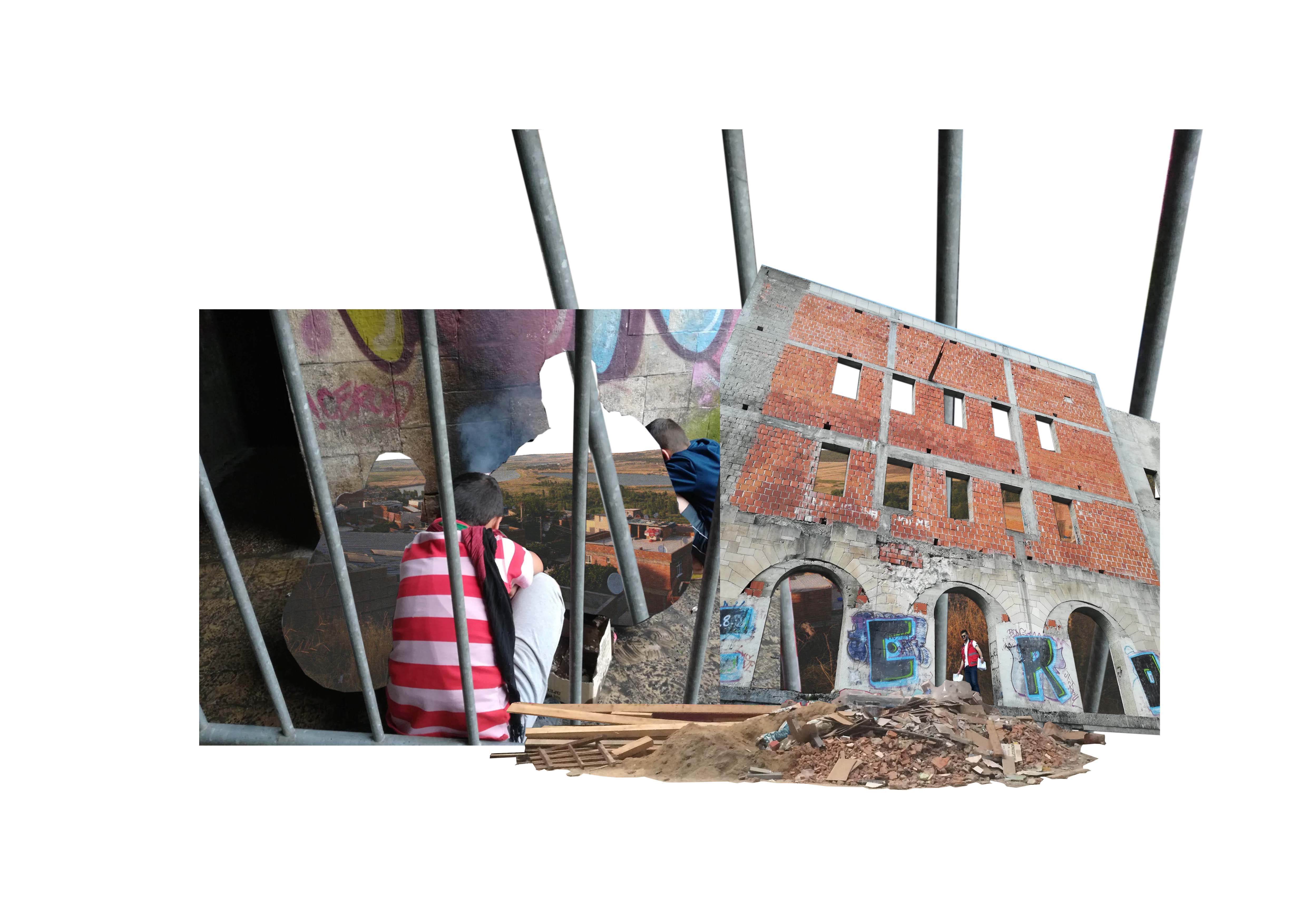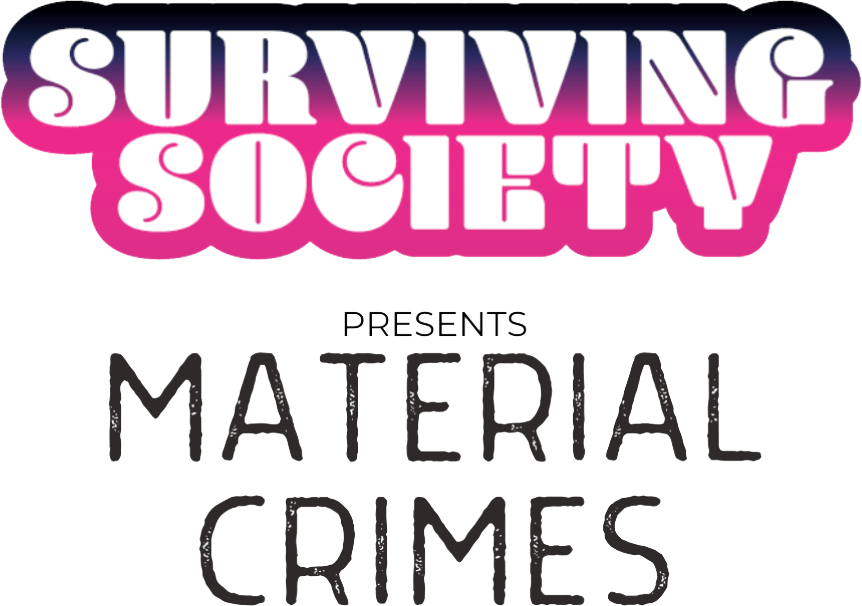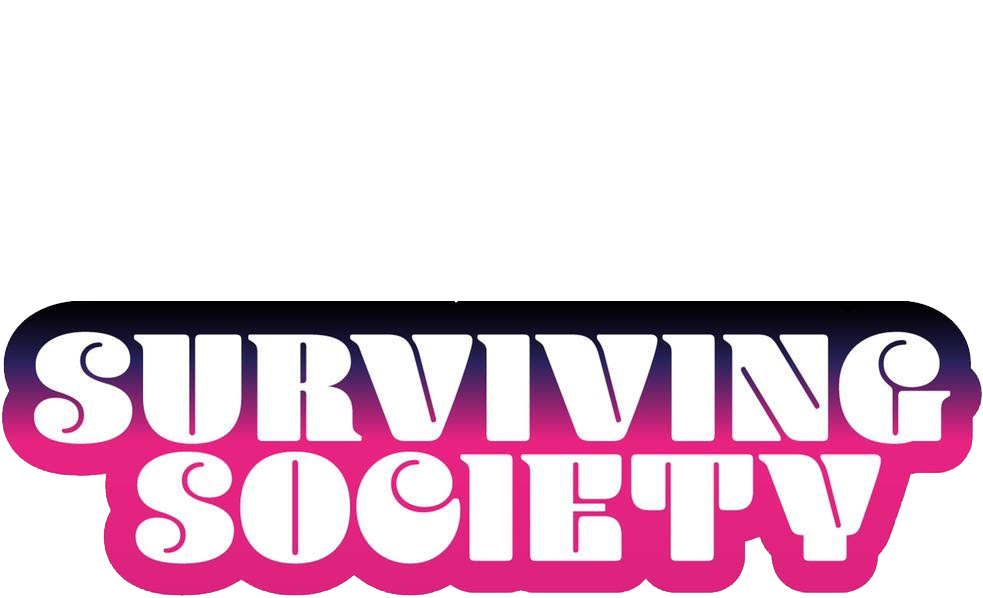Shelter on the Hill

Sitting at the edge of the notorious ‘Western Balkan Route,’ Bihac’s Borici Temporary Reception Centre is witness to some of Europe’s worst border violence. Only a few kilometres from the Bosnian-Croatian border that separates the Western Balkans from the European Union, migrants find themselves stuck; arrested, tortured and pushed back over and over again by Croatian police. But within Borici, they also find themselves part of this building’s 75-year history. Borici is a place where communities have always found shelter: against fascism, against civil war and siege, against post-war abandonment, and now against fortress Europe. Benedetta Zocchi is guided through Borici’s many incarnations by local historians, Asmir Piralic and Almir Kurtovic, human rights activist, Silvia Maraone, and local volunteer, artist and activist, Adem Hajdarevic.
Useful Links
Border Violence Monitoring Network: www.borderviolence.eu
IPSIA (Institute for Peace, Development and Innovation ACLI) Bihac:
www.ipsia-acli.it
Radio Elsewhere:
www.radioelsewheres.net
IPSIA (Institute for Peace, Development and Innovation ACLI) Bihac:
www.ipsia-acli.it
Radio Elsewhere:
www.radioelsewheres.net
Further Reading
Barbara Beznec & Andrej Kurnik. “Old Routes, New Perspectives: A Postcolonial Reading of the Balkan Route,” movements 5:1 (2020), pp. 34-54.
Marta Mitrovic et al. (eds). The Dark Sides of Europeanisation. Serbia, Bosnia and Herzegovina and the EUropean Border Regime (Belgrade: Rosa Luxemburg Stiftung, 2020).
Bene Zocchi. “The Game: Ritualized Exhaustion and Subversion on the Western Balkan Route,” Journal of Borderlands Studies (2023), pp. 1-21.
Bene Zocchi. “Contesting the EU Border: :Lessons and Challenges from the Bosnian Frontier,” Postcolonial Studies 26:1 (2023), pp. 165-182.
Marta Mitrovic et al. (eds). The Dark Sides of Europeanisation. Serbia, Bosnia and Herzegovina and the EUropean Border Regime (Belgrade: Rosa Luxemburg Stiftung, 2020).
Bene Zocchi. “The Game: Ritualized Exhaustion and Subversion on the Western Balkan Route,” Journal of Borderlands Studies (2023), pp. 1-21.
Bene Zocchi. “Contesting the EU Border: :Lessons and Challenges from the Bosnian Frontier,” Postcolonial Studies 26:1 (2023), pp. 165-182.

Benedetta Zocchi is a border and migration researcher and a humanitarian development consultant. She holds a PhD in Political Science from Queen Mary University, where she wrote about border struggles and resistances in Bihac. Her work sits at the intersection of decolonial thinking and activist scholarship and she has contributed to several academic and advocacy projects across and beyond the Balkans.



